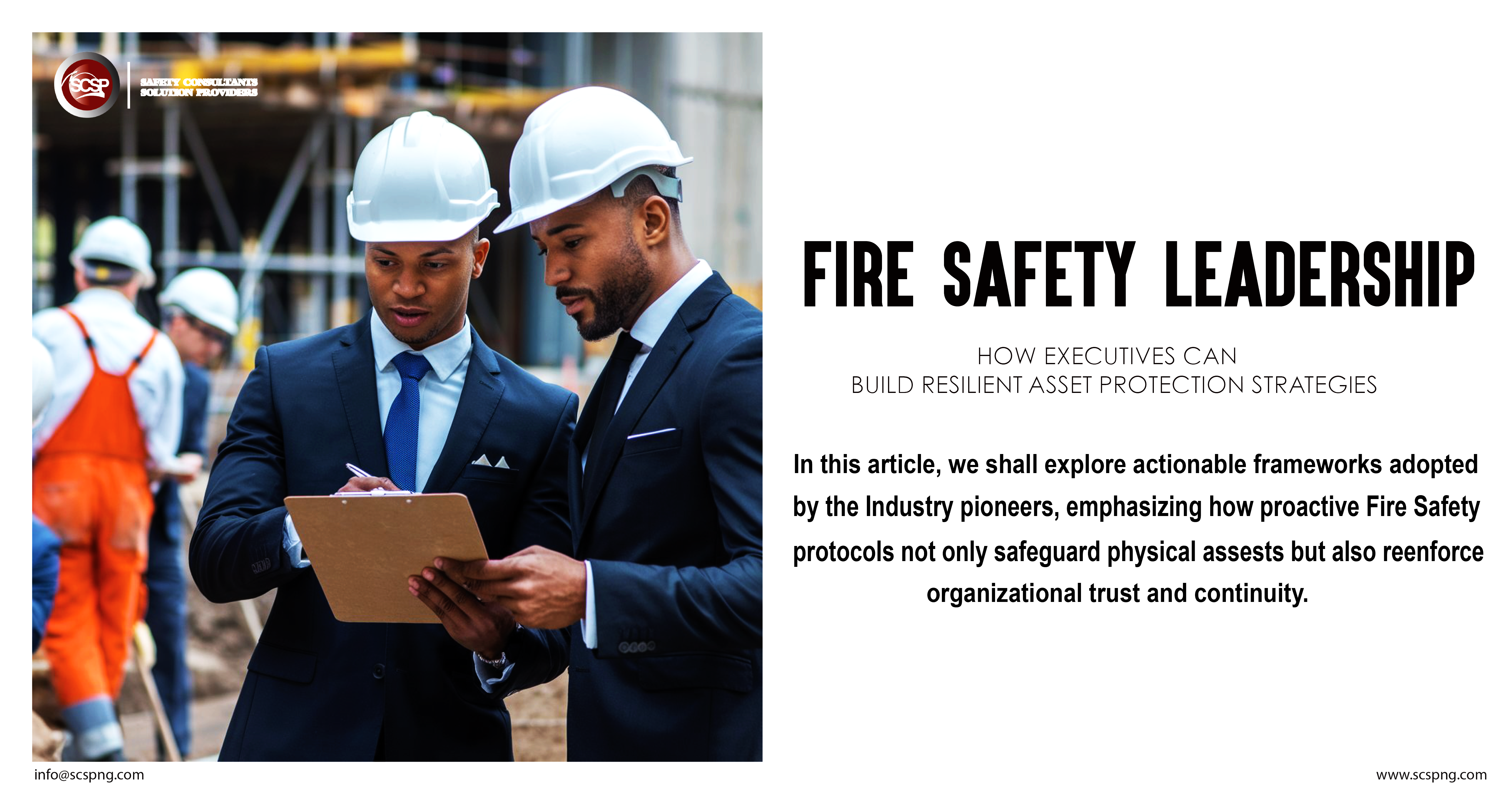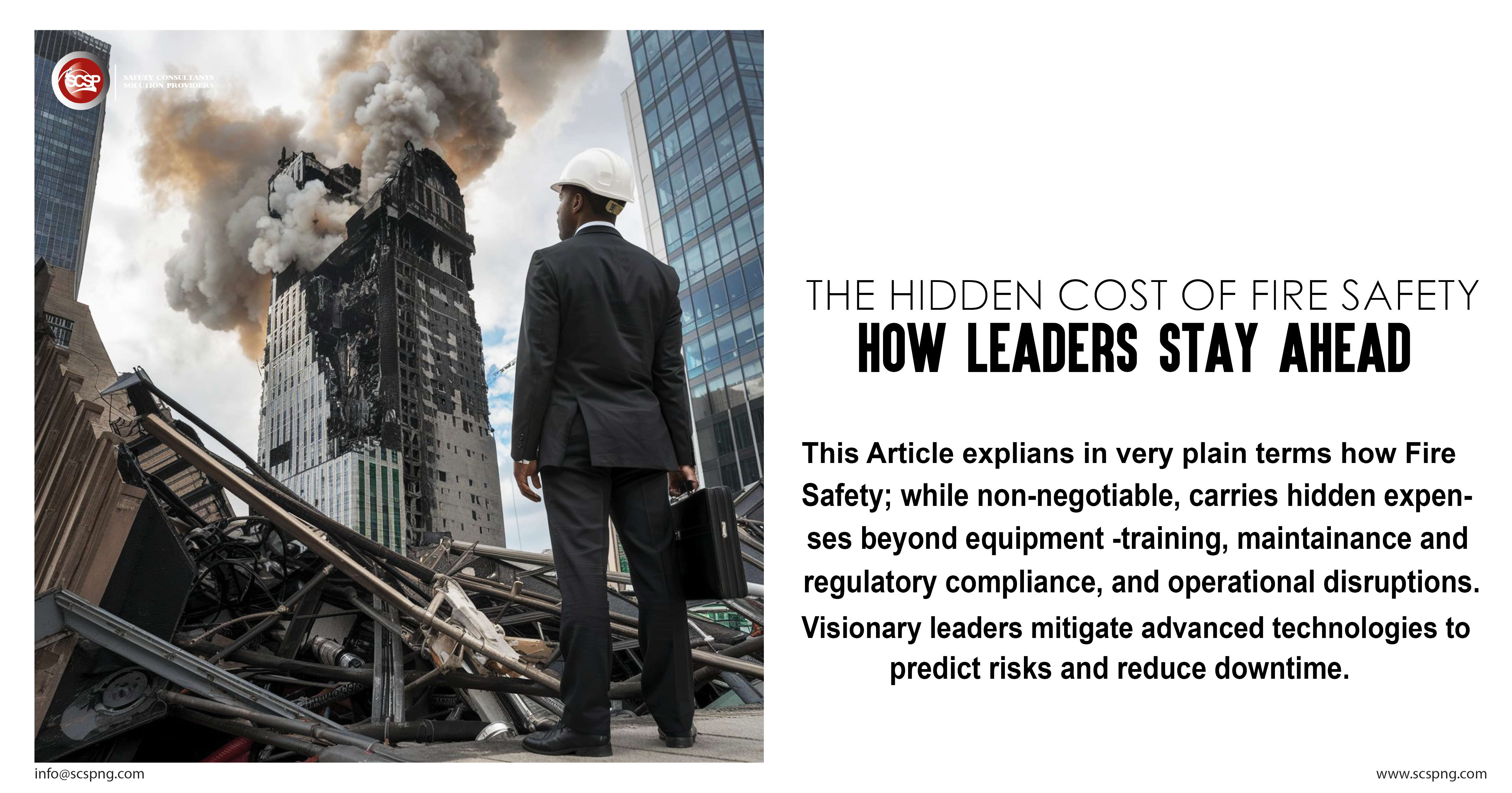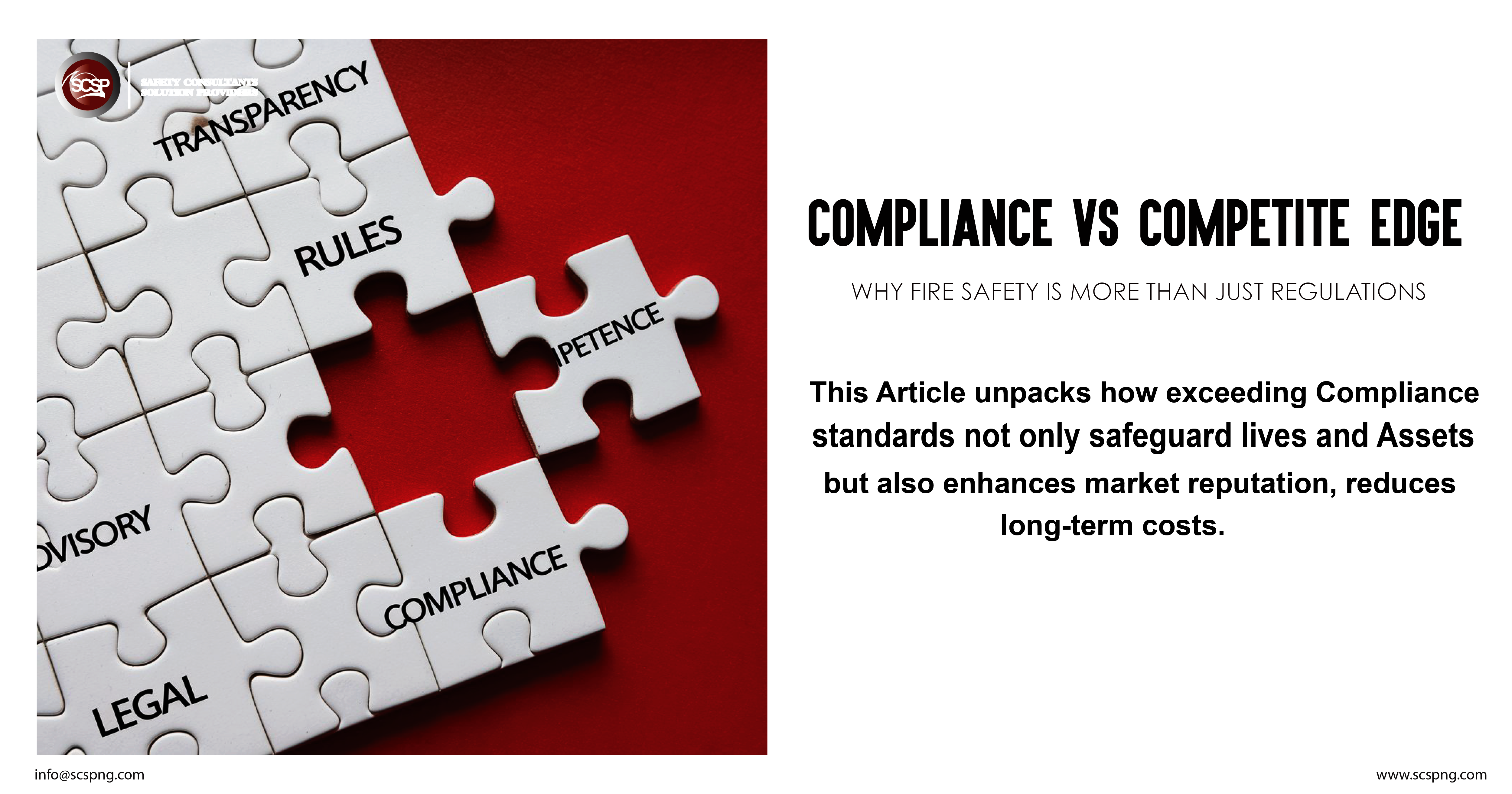|
Even in the safest workplace, accidents will happen. Knowing the right steps to take will help to resolve the situation as quickly as possible and without making the situation worse. When an accident occurs, whether it’s minor or serious, it should be reported immediately so that proper medical attention can be obtained. Only attempt to give first aid until help arrives. Be prepared to assist in any emergency.
Know the telephone numbers to report an accident including “199, 767”
Then do what you can for the individual or individuals who are hurt.
Minor cuts and scratches:
- Clean and cover to prevent contamination Foreign particles in the eye:
- Never rub the eye to remove a particle
- Lift the upper eyelid and pull it outward and down over the lower eyelid to induce tears, which can wash out small particles
- If the particle is floating on the surface of the eyeball or under the eyelid, you can try to remove it with the corner of a clean piece of cloth.
- Never try to remove an object embedded in the eye; have the victim lie flat, cover both eyes with sterile pads and bandages until medical help arrives. Try to minimize movement as that could make it go deeper.
Severe Bleeding:
- Try to stop the bleeding if possible
- Have the victim lie down and apply pressure on the wound with a sterile pad or the cleanest piece of cloth you can find
- If the cloth becomes saturated with blood – keep adding more pads – do not remove any of them
- If the wound is on an arm or leg, you can raise the wounded part above the heart
- Continue to apply direct pressure
- NEVER use a tourniquet unless you’re willing to lose a limb to save a life. Also, NEVER remove a tourniquet once it is applied.
Also Read: COST PERFORMANCE APPROACH OF QUALITY MANAGEMENT FOR FIRE PROTECTION SERVICES IN WEST AFRICA
Broken Bones
- Unless the person is in danger, don’t move them until the broken bones are stabilized by splints. Splinting should be done by a professional
- If the accident could have caused broken bones, again, don’t move the victim unless there is a danger, until a medical professional can assess the damage and direct the application of any splints that may be needed
Chemical Exposure:
- If splashed with a chemical, the best treatment is to flush the areas that came into contact with the chemical with water for 15 minutes
- This includes chemicals that may have been splashed into the eyes. You may need to hold the eyelids open gently to make sure they are properly rinsed.
- After 15 minutes of flushing, seek medical attention immediately.
Shock: It is not unusual for someone to also be in shock
- Are they weak and confused?
- Is their skin pale, cold, and clammy?
- Do they feel nauseated, or like they are going to faint?
- Do their eyes appear vacant with dilated pupils?
If they have any of these symptoms:
Actions to take:
- Have them lie down – they should be flat on their backs with their feet slightly elevated.
- If they have head injuries, the head should be elevated on pillows.
- Place a blanket over them – keep them warm
- Don’t give them any fluids
- Get professional help immediately
Also Read: BENCH FOR SAFE ELECTRICAL SYSTEMS
Unconscious:
There are many reasons why a person might lose consciousness: falls, fainting, heart attack or stroke, or possibly being overcome by chemical fumes such as carbon monoxide or hydrogen sulfide. If a person is unconscious:
- Make sure they’re breathing
- Get medical help immediately
- If they’re bleeding – try to stop it
- Do not move them unless they are in danger of further injury
If you suspect that they have been overcome by chemical fumes – do not attempt to rescue them unless you are properly trained and have all the necessary equipment. Don’t become a victim yourself while trying to help.
RECAP:
- All injuries should be reported
- Minor cuts and scratches need to be cleaned and bandaged
- Don’t try to remove imbedded particles from the eyes; only particles that float or are under the eyelid
- Apply constant pressure to stop bleeding and possibly elevate the wound. Only use a tourniquet as a last resort.
- Broken bones should be splinted by a professional before moving
- Flush any chemical exposure with water for 15 minutes; hold eyelids open to flush if eyes were splashed
- Shock victims should be kept warm and quiet until help arrives
- Attempt rescues only if you are trained properly and equipped
- Do not move injured persons until medical help arrives, unless the injury is minor or the person is in danger
Knowing what to do when an accident occurs can prevent further injury and even save a life!
Also Read: New Fire Container Pressure and Temperature Remote Monitoring Technology
|










